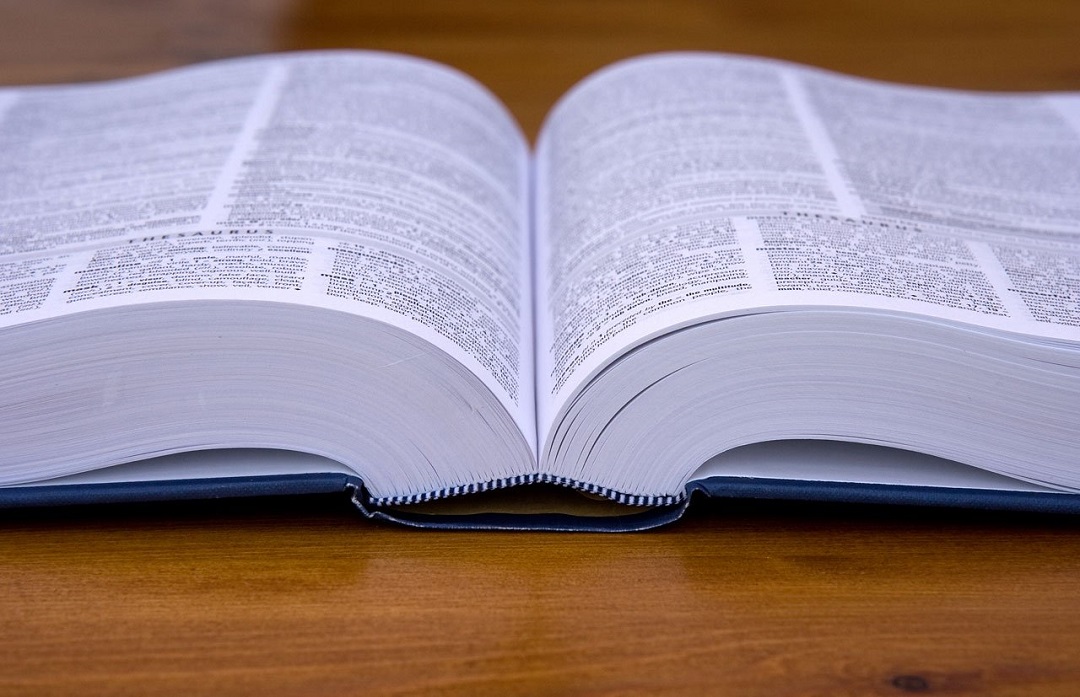Content warning: Ableist language.
We don’t say the r-word anymore. But have you heard someone say one of these recently?
- “He’s so crazy.”
- “The weather is schizophrenic.”
- “Our workload is insane.”
- “That’s lame.”
I have, and I’m trying to stop. All these phrases use ableist language.
Ableism is the discrimination of people with disabilities. Ableist language is prejudiced words or phrases against people with disabilities. Disabilities can range from visible to invisible; similarly, ableist language can seem invisible to us (until we start paying attention to our words!) because the phrases are so ingrained in our cultural lexicon.
I didn’t start paying attention to ableist language until I started following writer, educator, and community organizer Mia Mingus (visit her blog, Leaving Evidence, or find her on Instagram or Twitter). Mia and other disability activists opened my eyes up to how dangerous the language I was using was. Even though I grew up with a parent who has physical disabilities and disabling mental health conditions, I never thought about how the language I used was stigmatizing to him.
When I am with my father, I am always on the lookout for people who might hassle him because of his disabilities, and I run interference. When we are together, I help him avoid stairs, find him scooters when we go shopping, and make sure we park close to the front of the store. Even though I was taking steps to make sure he was physically safe, I was using language that harmed him! I was using terminology that was designed to describe medical conditions (or worse, using pejorative phrases) to describe the weather, my feelings, and people who were annoying me.
Language is powerful. With it, we can elevate, alienate, equalize, oppress, and support. Normalizing ableist language allows us to put a divide between us and those with disabilities subconsciously. It’s time to change our language and not rely on harmful words and phrases. Language allows us to be specific, and stripping ableist phrases from our vocabulary allows us to be more impactful.
Here’s a quick list of some common ableist phrases and better alternatives that you can consider using instead!
|
Say This |
Not That |
|
Frustrating, annoying, irritating, pointless |
Stupid, dumb |
| Intense, outrageous, unacceptable, preposterous, distracting |
Crazy, insane |
| Uncool, waste of time, boring, ordinary |
Lame |
I am actively working to change my language every day. I screw up all the time—it’s hard to change your language when you’ve been speaking a certain way for 30 years. But instead of letting my mistakes slide over me, I do my best to correct myself publicly. I stop myself mid-sentence and say, “excuse me, that was ableist; I should have said [blank] instead.” My friends are noticing and changing their language, too. Taking small steps in changing our language can open us to noticing and taking action on larger injustices.
Resources for Alternatives to Ableist Language
- Ableism/Language: Lydia X. Z. Brown, Autistic Hoya
- List of disability-related terms with negative connotations: Wikipedia
- 40 Alternatives to These Ableist and Oppressive Words: Care2
- 10 Questions About Why Ableist Language Matters, Answered: Everyday Feminism
- No Joking Matter: Words and Disability: Teaching Tolerance


